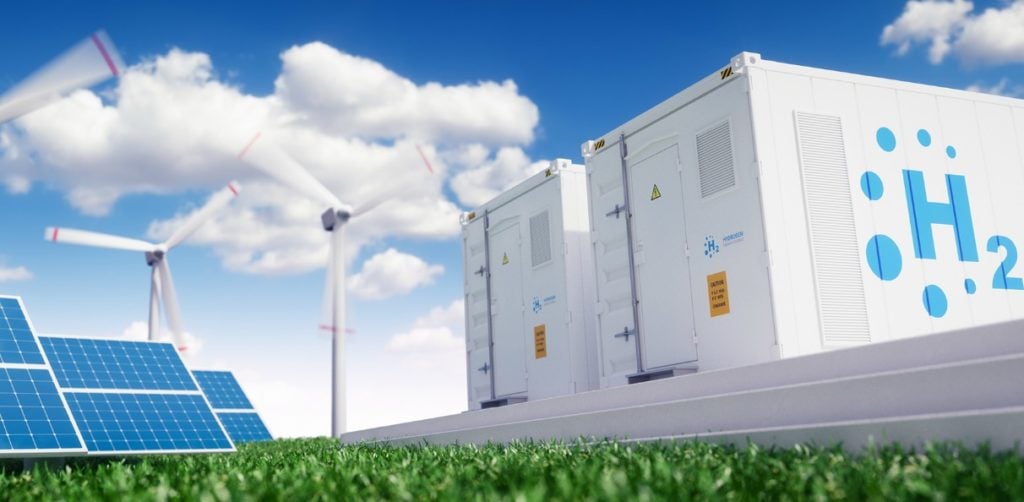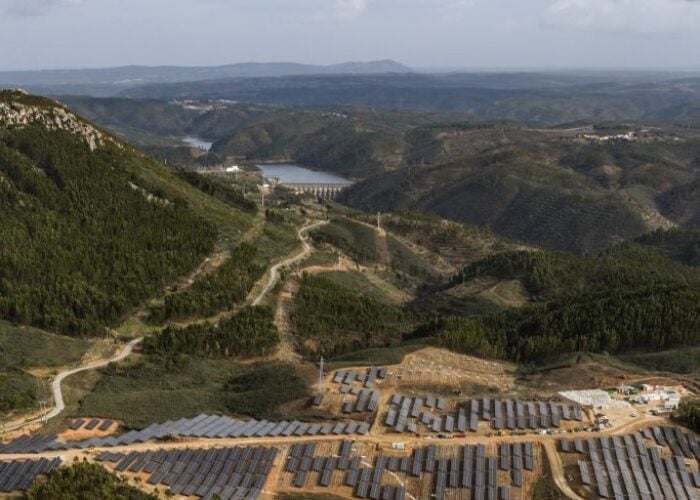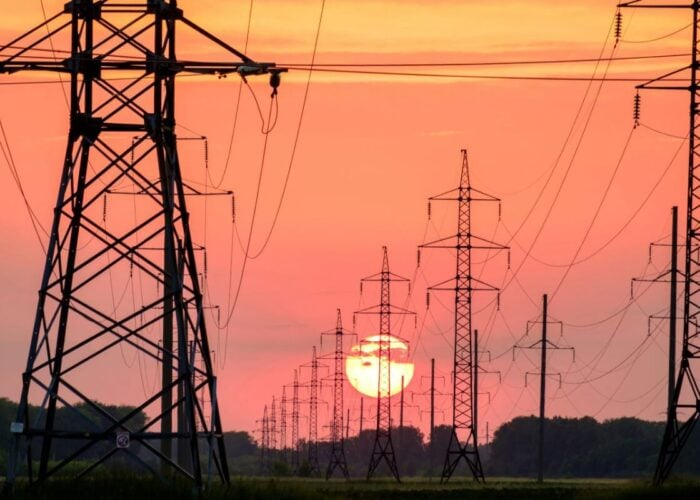
Portuguese developer Madoqua Renewables has partnered with Dutch developer Power2X and Danish investment firm Copenhagen Infrastructure Partners (CIP) to build a green hydrogen and ammonia project in Portugal with an investment of €1 billion (US$1.07 billion).
The MadoquaPower2X plant, to be located in Sines, south of Lisbon, will have an electrolysis capacity of 500MW and is expected to be powered up by 1GW of renewable energy, primarily from wind and solar.
Try Premium for just $1
- Full premium access for the first month at only $1
- Converts to an annual rate after 30 days unless cancelled
- Cancel anytime during the trial period
Premium Benefits
- Expert industry analysis and interviews
- Digital access to PV Tech Power journal
- Exclusive event discounts
Or get the full Premium subscription right away
Or continue reading this article for free
Once the first phase is fully commissioned the plant will be able to generate 50,000 tons of green hydrogen and 500,000 tons of green ammonia annually, which could be further expanded to produce 1 million ton of green ammonia by the end of the decade with subsequent phases set to start development in 2024 and to reach full commission before 2030.
Moreover, the project is already under development with a final investment decision by the end of 2023, with the production of green hydrogen to start by 2025 and with the goal to start exporting green ammonia to other countries by 2026.
The Sines location will provide an “excellent location” for the project due to its proximity to local heavy industry and the possibility to export it globally through the port said Philip Christiani, Partner at CIP.
Rogaciano Rebelo, CEO of Madoqua, said: “We are proud to bring this strong consortium to Portugal and collaborate with partners across the green hydrogen and hydrogen derivatives value chain. Portugal is structurally well positioned to play a leading role in the emerging energy transition space in Europe.”
The Portuguese government presented in 2020 its national strategy for green hydrogen (EN-H2) with a goal of reaching 2GW of electrolysis production by 2030, once operational the MadoquaPower2X 500MW electrolysis capacity would represent a quarter of the total production for the country.






